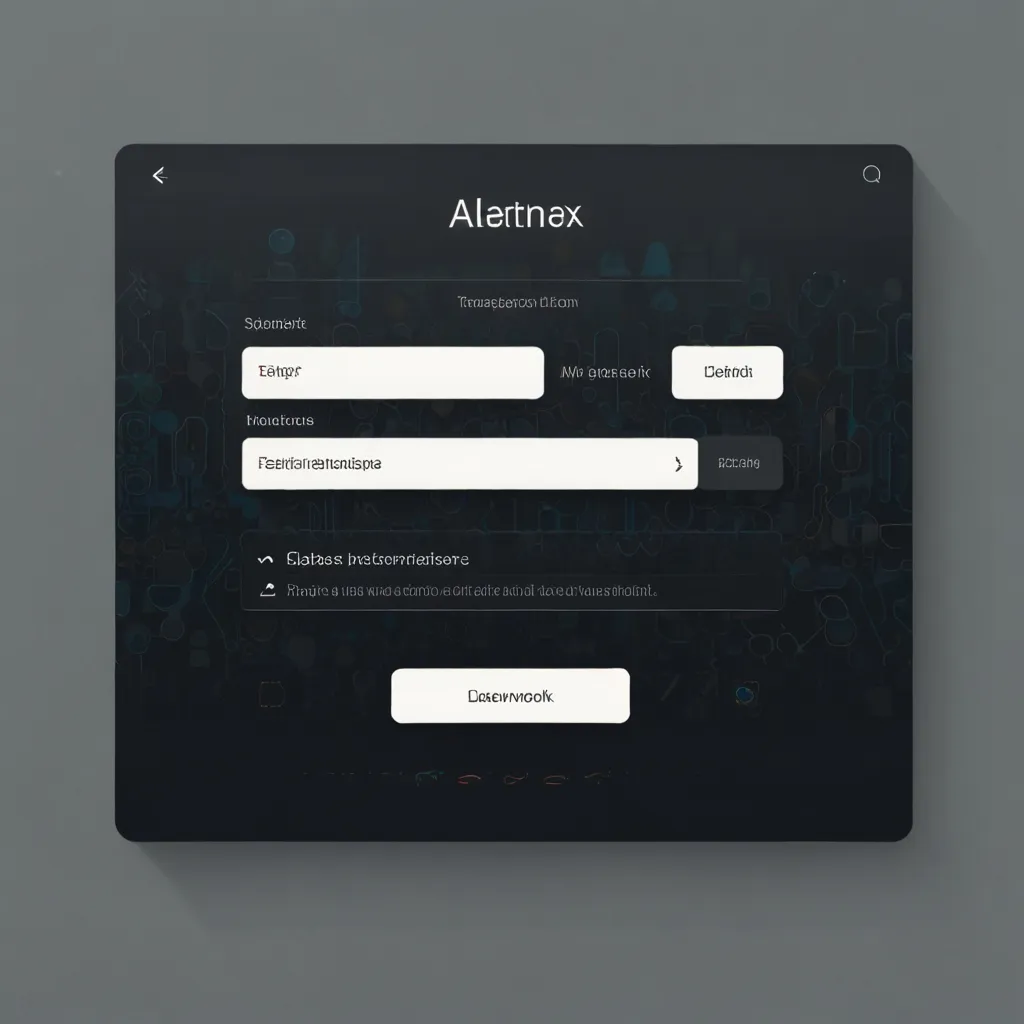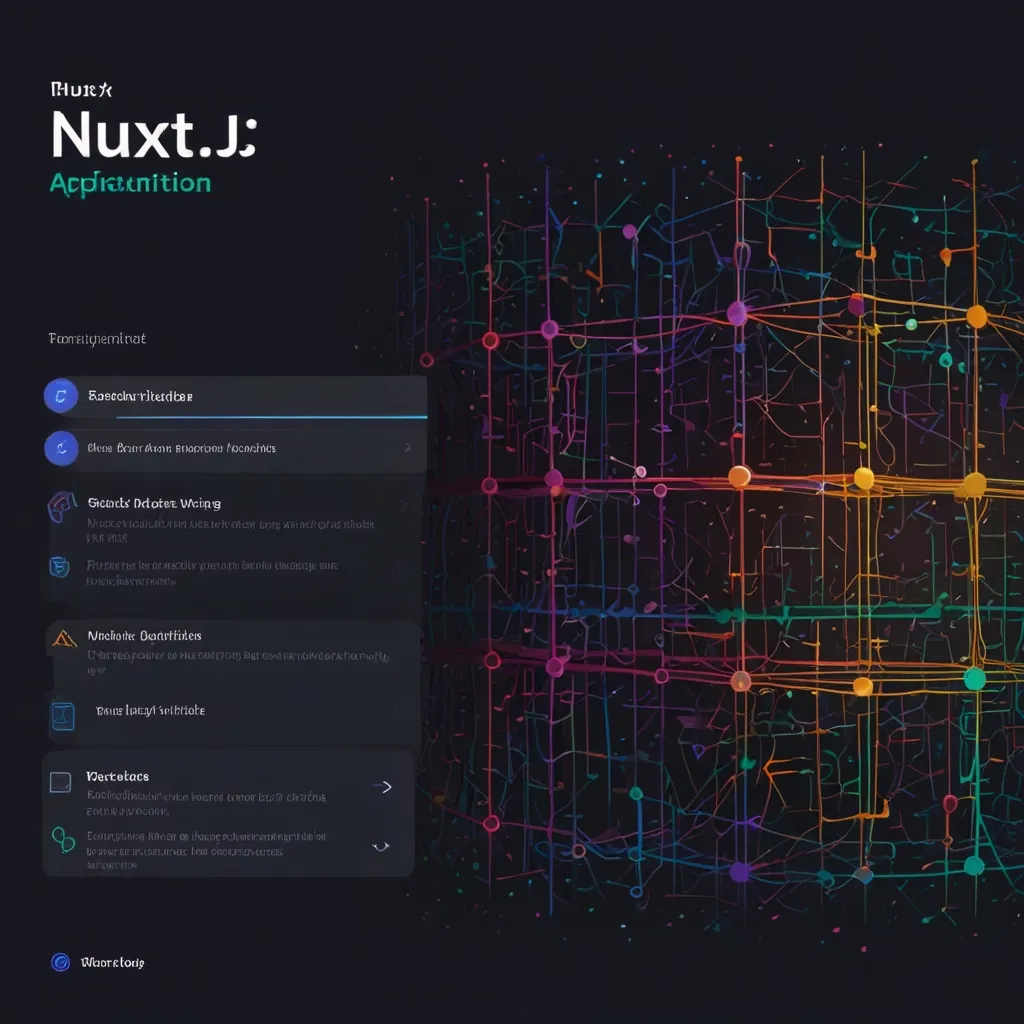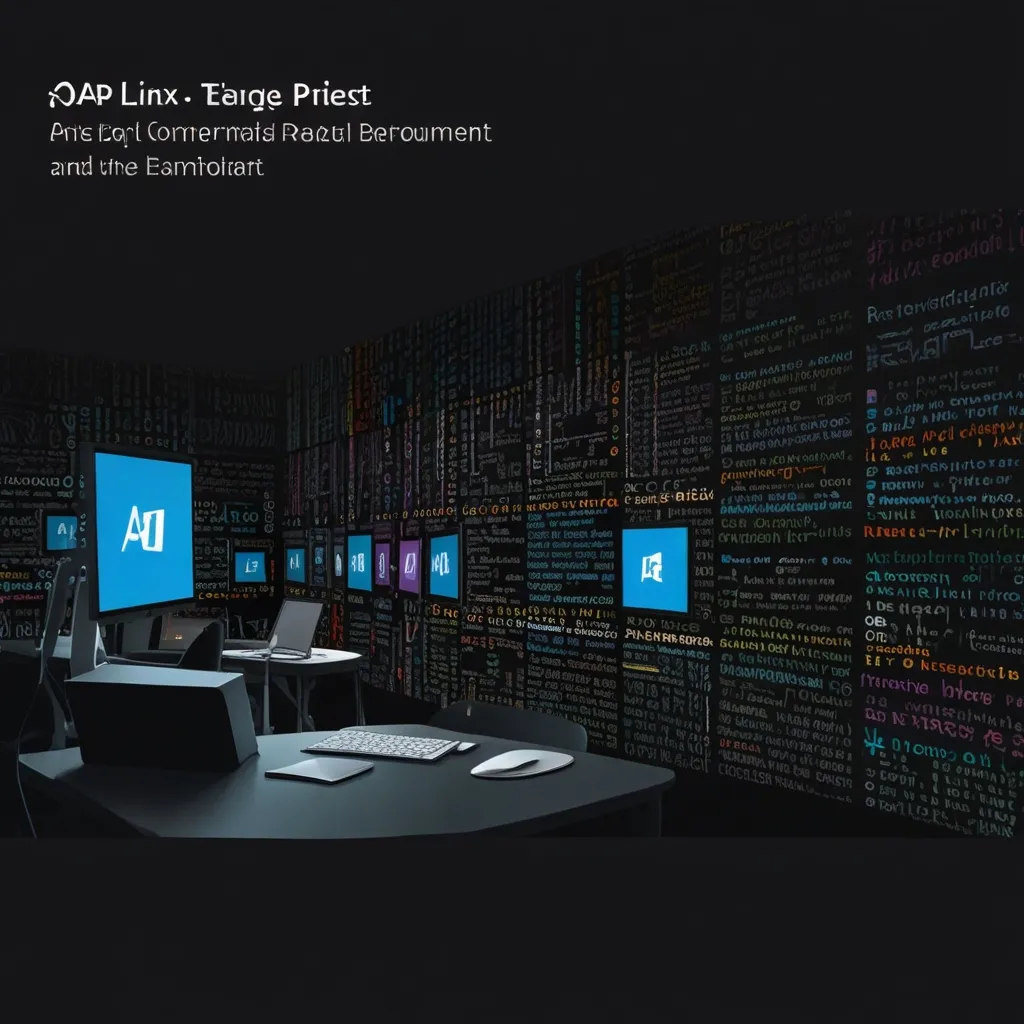When I first stumbled upon Criterion, I was looking for something clean, simple, and versatile that would fit comfortably into my C projects without turning my code into a tangled web of dependencies. You know, the KISS principle—Keep It Simple, Stupid—felt like it was crafted just for tech folks like me, who appreciate elegance in simplicity. Criterion, with its non-intrusive nature, seemed like the perfect candidate for my needs.
Criterion is like that unassuming tool in your coding toolkit, unpretentious but quietly powerful. It took me a while to realize how well it slips into any C project’s workflow, all while ensuring it’s not making my life harder with platform compatibility issues. It is cross-platform, which is a lifesaver. You can put it in action on Linux, MacOS, and Windows without any fuss, and for someone like me who is often hopping between environments, this is gold.
Imagine you have a small C project you cherish, and you need to add some tests without turning your whole structure upside down. That’s when Criterion steps in. Picture this: I’m working on a small library to handle my casual string manipulations in C. So, I whip up some tests using Criterion. Setting it up is simple since it doesn’t demand any specific structure—no need to upend your code just to add a few tests here and there.
Here’s a tiny example to show how you can get started. Just include Criterion in your setup, and create a simple test function like so:
#include <criterion/criterion.h>
Test(simple_check, test_arithmetic) {
int answer = 2 + 2;
cr_assert(answer == 4, "Expected 2 + 2 to equal 4");
}
See? There’s no extra fuss—Criterion just blends right in without throwing its weight around. You just write your tests as you would write any other function, and Criterion takes care of the rest. It scans for any test functions automatically at runtime, so there’s no need for explicit calls or linking, which is a refreshing change from some heavyweight testing frameworks.
While I initially approached it with a bit of technical skepticism, Criterion earned its place. It’s not just simplicity; it’s also about performance. Criterion runs tests in parallel whenever possible, which makes me feel like I’m not wasting precious time waiting for sequential test outputs. If I’m dealing with a heavier project, these efficiency gains become even more apparent, making Criterion a delightful choice for C developers who want to maintain quick feedback loops.
Personal testing frameworks are like a good cup of coffee: they’re supposed to boost your productivity, not drag you down with complexities. Criterion’s non-intrusive design means I don’t have to spend hours understanding its documentation before seeing any real-world results. It gets the job done without dragging attention away from your main codebase; it quietly runs in the background, ensuring things are on track.
But the real fun begins when you start incorporating it into your continuous integration setups. Picture running your C tests seamlessly every time you push a change—everything updates, and your tests are run without you having to lift a finger. This integration smooths out the edges and lets you focus on writing meaningful, robust code rather than getting bogged down in the logistics of testing.
Sure, sometimes testing libraries hit roadblocks in portability or ease of use. Not Criterion. Cross-platform capability means it fits into both my Windows desktop scripting adventures and my Linux production environments. It’s a rare breed that doesn’t tempt me to switch between different tools when I code-switch between platforms.
And then there’s the advantage of Criterion handling errors gracefully. You know that sense of dread when a failed test makes everything crumble down? Criterion has the elegance to handle crashes without scare tactics, ensuring that one runaway error doesn’t derail the whole suite. For anyone who’s spent long coding nights battering bugs, this robustness is comforting.
In our increasingly tech-savvy world, where languages like Python, Java, and Javascript often grab the spotlight, tools like Criterion remind us that C and its ecosystems are very much alive and kicking. It’s a testament to the ongoing evolution in even the most established programming niches. Even people knee-deep in Python or indulging in Java’s verbosity find Criterion’s test-style appealing because it harkens to something we all appreciate—clarity and effectiveness.
Building an understanding with C beyond just writing code involves embracing frameworks like Criterion. It’s not just about boosting personal projects but also learning to appreciate the nuances of C that maybe those using memory-managed languages don’t experience as acutely. It’s about livelihood in coding, and Criterion keeps that leisurely yet impactful.
In this noisy tech highway where frameworks often scream for attention with myriad features, Criterion is the silent passenger who ensures you don’t miss your stop. Incorporating it into your projects gives you peace of mind—a stable guarantee that things are as you expect them, both in terms of performance and functionality. It is a favorite of mine because it serves the ultimate purpose without overshadowing the main act: our code and the problems it solves.
So, if you’re still searching for that right fit in your testing suite for C, trying Criterion might just bring that blend of simplicity and power you’ve been seeking all along. It makes coding not just a technical endeavor but a more fulfilling one, offering clarity and cutting down the clutter. If coding were a journey, Criterion ensures you travel light and fast without leaving the essentials behind.






